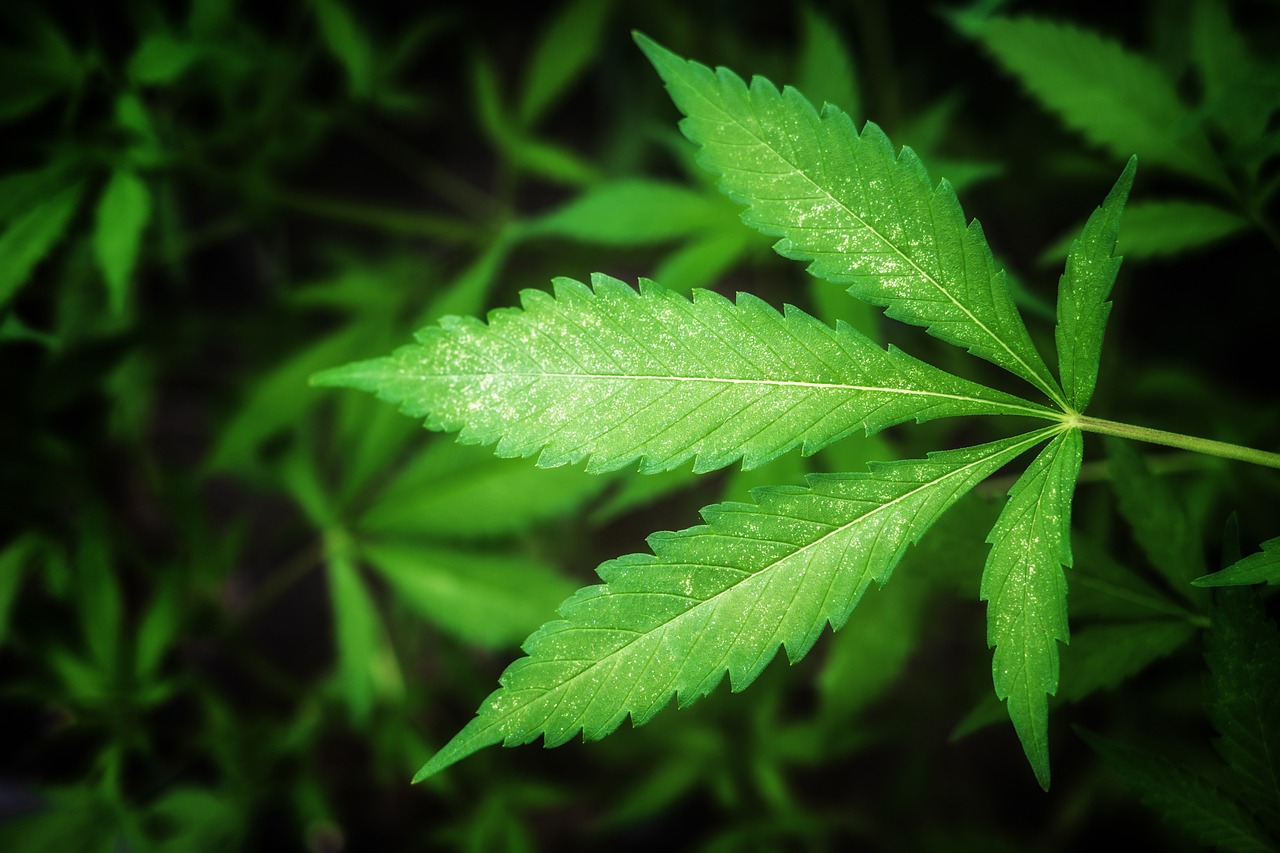In recent years, the exploration of cannabis compounds has expanded beyond the well-known THC and CBD. One compound gaining attention is THCA, or tetrahydrocannabinolic acid. This non-psychoactive cannabinoid is found in raw cannabis and is believed to offer a range of health benefits. This article explores the role of THCA in holistic health practices, examining its potential benefits, applications, and the growing interest in its use.
Understanding THCA
THCA is the acidic precursor to THC, the compound responsible for the psychoactive effects of cannabis. In its raw form, thca flower effect does not produce a high. When cannabis is heated, THCA converts to THC through a process called decarboxylation. This transformation is why raw cannabis does not have the same psychoactive effects as its heated counterpart.
Potential Health Benefits of THCA
Research into THCA is still in its early stages, but preliminary studies and anecdotal evidence suggest several potential health benefits:
- Anti-inflammatory Properties: THCA may help reduce inflammation, making it a potential option for those with conditions like arthritis or inflammatory bowel disease.
- Neuroprotective Effects: Some studies indicate that THCA might protect brain cells, which could be beneficial for neurodegenerative diseases such as Alzheimer’s.
- Antiemetic Properties: THCA has shown promise in reducing nausea and vomiting, which could aid individuals undergoing chemotherapy.
- Appetite Stimulation: Like THC, THCA may help stimulate appetite, which can be beneficial for those with eating disorders or undergoing treatments that suppress appetite.
THCA in Holistic Health Practices
Holistic health practices focus on treating the whole person, considering physical, mental, and emotional well-being. THCA fits well within this approach due to its non-psychoactive nature and potential therapeutic benefits.
Incorporating THCA into Daily Routines
Individuals interested in incorporating THCA into their health routines have several options:
- Raw Cannabis Juicing: Juicing raw cannabis leaves and flowers is a popular method for consuming THCA. This method preserves the compound’s integrity and allows for easy integration into daily diets.
- THCA Tinctures and Capsules: These products offer a convenient way to consume THCA without the need for raw cannabis. They are often used by those seeking specific dosages.
- Topical Applications: THCA-infused creams and balms can be applied directly to the skin, potentially providing localized relief for inflammation and pain.
Case Studies and Anecdotal Evidence
While scientific research is ongoing, numerous case studies and anecdotal reports highlight the potential benefits of THCA. For instance, some individuals with chronic pain conditions have reported significant relief after incorporating THCA into their treatment plans. Others have noted improvements in mood and energy levels.
Challenges and Considerations
Despite its potential, there are challenges associated with the use of THCA. The legal status of cannabis varies widely, affecting the availability of THCA products. Additionally, the lack of extensive clinical trials means that much of the evidence is anecdotal.
Legal and Regulatory Landscape
The legal status of THCA is closely tied to cannabis laws, which differ from region to region. In areas where cannabis is legal, THCA products are more readily available. However, in regions with strict cannabis laws, access to THCA can be limited.
Need for Further Research
While early studies are promising, more research is needed to fully understand the effects and potential applications of THCA. Clinical trials will help establish standardized dosages and identify any potential side effects.
Conclusion
THCA represents an exciting frontier in holistic health practices. Its non-psychoactive nature and potential therapeutic benefits make it an appealing option for those seeking alternative health solutions. As research progresses and legal barriers shift, THCA may become a more prominent component of holistic health strategies. For now, individuals interested in exploring THCA should consult with healthcare professionals and consider the legal context in their region.
